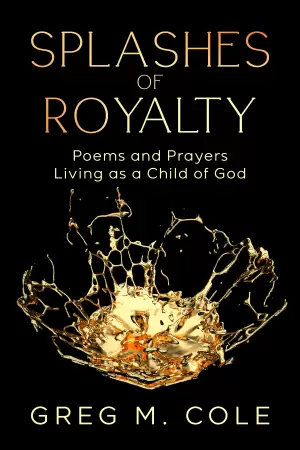Finding Flow: A Review of "Flow: The Psychology of Optimal Experience" by Mihaly Csikszentmihalyi
Every once in a while, a book lands in my lap that causes me to pause, reflect, and ultimately consider it a must-read for those around me. Mihaly Csikszentmihalyi’s Flow: The Psychology of Optimal Experience is one such treasure. As I dove into its pages, I felt like I was tapping into something profound; the concepts of happiness and fulfillment eluded me before, but this book illuminated the path in a way I had yet to embrace.
At its core, Flow is about harnessing the state of "flow"—that magical, euphoric zone where time slips away, and we are fully immersed in our tasks. Csikszentmihalyi reveals how this state is not just for the privileged during leisure moments but can be accessed in any profession, regardless of the paycheck. His approach is refreshing: he challenges conventional wisdom about happiness, suggesting that our most fulfilling experiences often arise from facing challenges rather than avoiding them. I was so captivated that I found myself purchasing copies for friends and family; the insights shared were simply too good not to share.
The book dives deep into the psychology of optimal experiences, but it’s not an easy read. While it is slightly over 230 pages, some sections required me to slow down and truly absorb the ground-breaking concepts. Csikszentmihalyi employs an array of research—most famously his innovative use of beepers to gather real-time data from people across various cultures and professions. This empirical approach brings authenticity to his claims, and it famously reveals a surprising pattern: many report experiencing more flow during work than during their cherished free time.
His writing style strikes a fine balance between academia and accessibility, combining scholarly rigor with real-life anecdotes that ground the theories in relatable experiences. As I read, I couldn’t help but ponder his assertion: “The best moments usually occur when a person’s body or mind is stretched to its limits in a voluntary effort to accomplish something difficult and worthwhile.” This quote stick with me, resonating as a reminder that challenges are often the gateways to satisfaction.
One of the most riveting sections of the book addresses the relationship between enjoyment and pleasure. Csikszentmihalyi argues that genuine enjoyment stems from transcending our basic needs and expectations. I relished his breakdown of the conditions necessary for experiencing flow—concentration, clear goals, and immediate feedback—which illuminated how often we overlook the potential for fulfillment in our lives. Who knew that the mundane could transform into the extraordinary with just a shift in perspective?
While the book is overwhelmingly positive, it’s essential to recognize its limitations. Csikszentmihalyi acknowledges that some individuals face impenetrable barriers to finding flow due to extreme socio-economic conditions. Yet, the crux of his argument—that we all have greater potential for enjoyment than we often realize—offers a glimmer of hope and encouragement.
In conclusion, I can’t recommend Flow enough for anyone on a quest for deeper meaning in their lives—from students to professionals, or those simply seeking to navigate the complexities of contemporary existence. It’s a guide to understanding how we might embrace difficulties, finding joy in growth and mastery. Though it may take time to fully internalize, the insights shared here are invaluable. So, do yourself a favor and jump into this book. You might just find the flow you’ve been searching for. Bravo, Csikszentmihalyi!
Discover more about Flow: The Psychology of Optimal Experience on GoodReads >>














